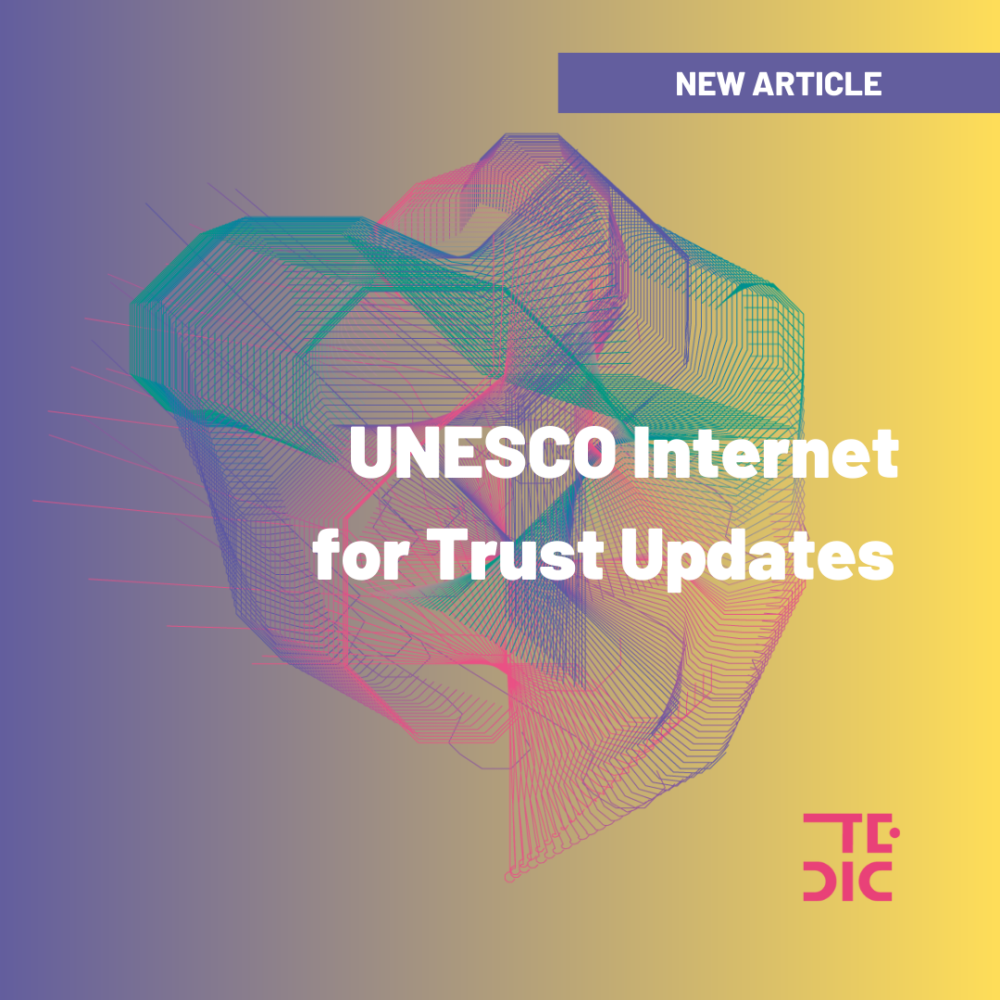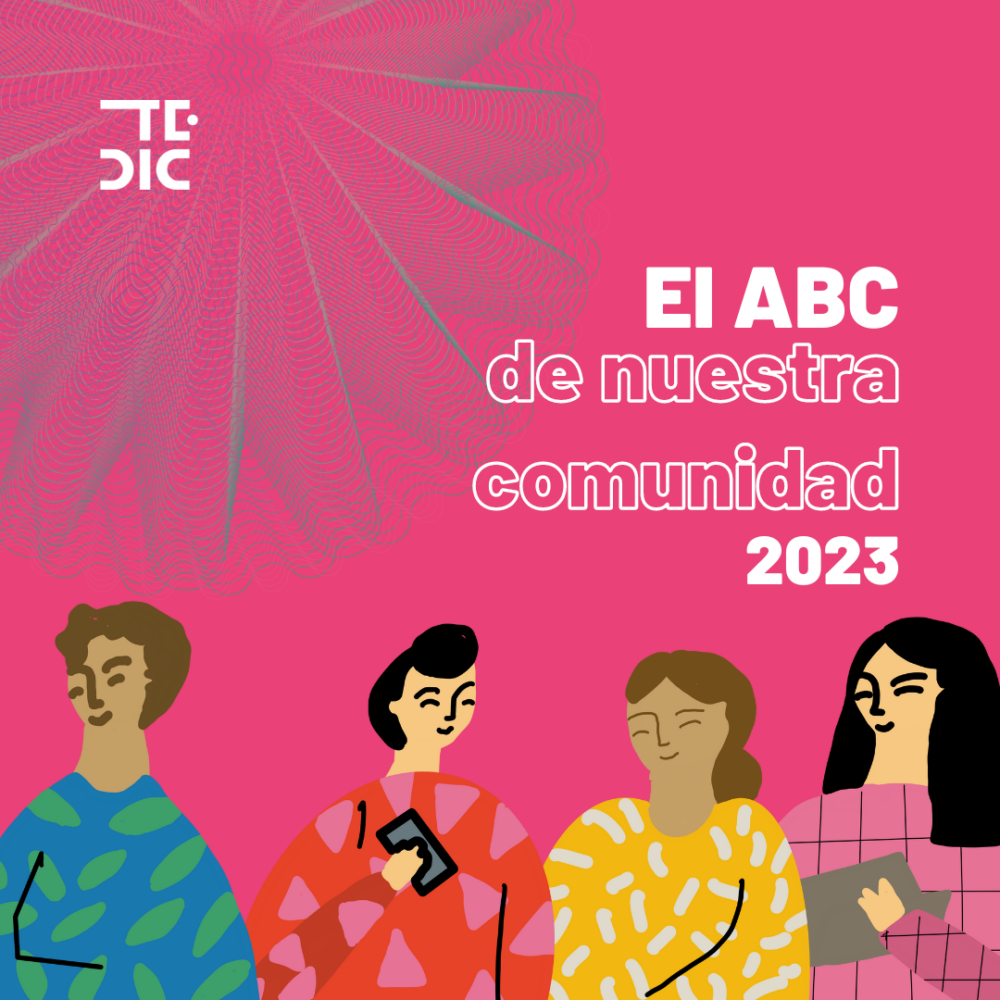
The ever-evolving digital environment and its impact on society have prompted UNESCO to develop guidelines for the regulation of digital platforms. In its third draft, known as Version 3.0 of the Guidelines for Digital Platform Regulation, UNESCO aims to address emerging challenges in this space and ensure the protection of human rights online. This has sparked a rich debate involving various stakeholders.
Since December, TEDIC has been collaborating in discussions revolving around the document and its previous versions. Currently, collaborations have focused on Version 3.0, and work and support came from different collective entities. The three documents with comments were sent on June 27, 2023.
The first comment belongs to the Smart Group, led by OBSERVACOM, which submitted its suggestions and recommendations for modifications to the content’s substance and form. Their commitment to this process reflects a comprehensive approach to digital platform regulation, addressing both the core aspects and the form issues to ensure that the resulting guidelines are effective, equitable, and representative of the various perspectives involved.
On the other hand, the regional coalition AlSur, made up of eleven civil society and academic organizations in Latin America, has also played a crucial role in this process. Unified by their goal of strengthening human rights in the region’s digital environment, the coalition voiced their concerns and disagreements in a letter addressed to UNESCO on June 28, 2023. This letter highlights concerns about the process of creating the Guidelines for Platform Regulation and emphasizes the need to consider civil society voices in decision-making.
Moreover, the Global Network Initiative (GNI), a coalition of tech companies, civil society organizations, and academics committed to online freedom of expression and privacy, has also expressed their concerns based on the perception that contributions from digital rights groups have not been adequately heard or taken seriously in the guideline development process. GNI stresses the importance of valuing civil society opinions, whether presented through formal channels or not.
The Smart Group, AlSur Coalition, and GNI members have actively participated in consultations about these guidelines, showcasing their commitment to online rights protection and their respect for UNESCO’s pivotal role in this domain. In these three groups where TEDIC actively participates, it is expected that their feedback, alongside that of their members, will be considered in the future development of the guidelines.
Ultimately, this collaborative process and dialogue among various actors, including civil society organizations, academics, and tech companies, underscores the importance of holistically addressing regulatory challenges in the digital environment. With input from multiple voices and perspectives, it is hoped that these guidelines will evolve to effectively reflect the values and goals shared by the international community.

 ABC of our community in 2023
ABC of our community in 2023